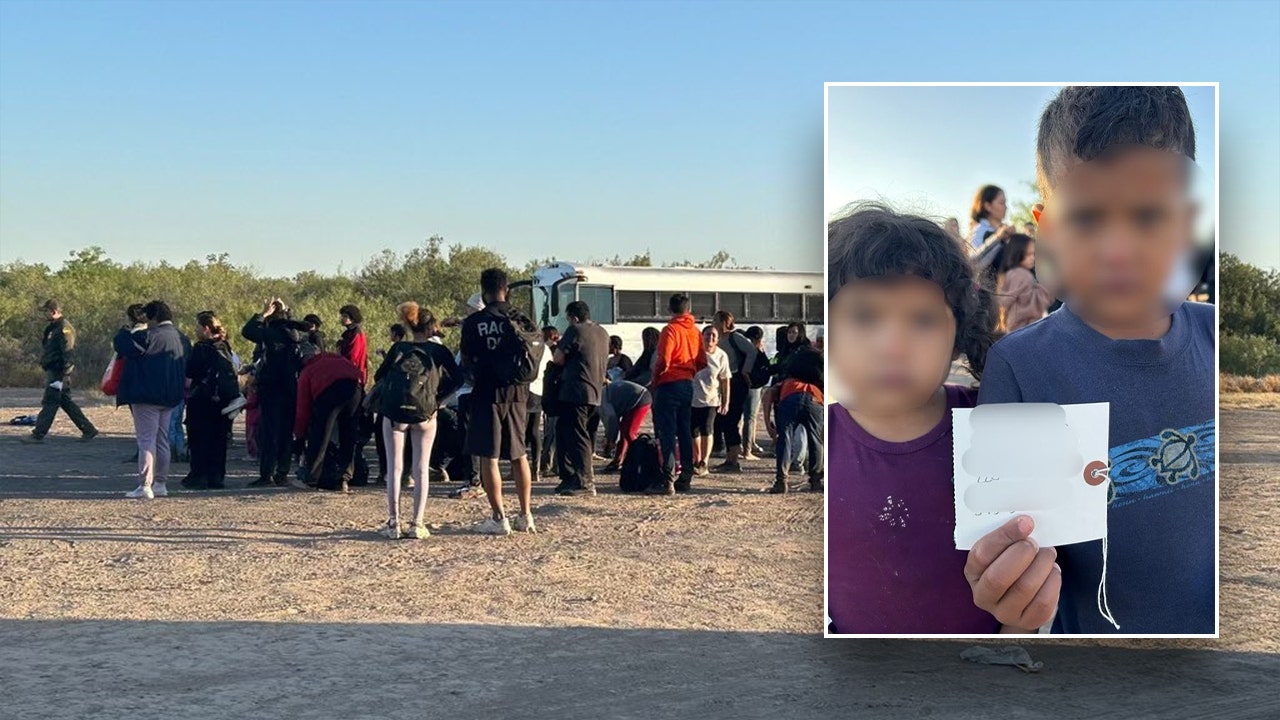Russian actors "manufactured and amplified" a recent viral video that falsely showed a person tearing up ballots in Pennsylvania, the FBI and two other federal agencies said Friday.
The FBI and officials from the Office of the Director of National Intelligence and the Cybersecurity and Infrastructure Security Agency said the U.S. intelligence community made the assessment based on available information and past activities from other Russian influence actors, including videos and disinformation efforts.
"This Russian activity is part of Moscow’s broader effort to raise unfounded questions about the integrity of the US election and stoke divisions among Americans," the agencies said in a statement. "In the lead up to election day and in the weeks and months after, the [intelligence community] expects Russia to create and release additional media content that seeks to undermine trust in the integrity of the election and divide Americans.”
The video's circulation was swift. Within hours, it had attracted hundreds of thousands of views from a single post on X. In the video, a person is seen destroying what are purported to be filled-out ballots in Bucks County, Pennsylvania.
The Bucks County District Attorney’s Office and Yardley Borough Police Department and said in a joint statement Thursday that they conducted a review and had deemed the video “fabricated.”
“Our investigation has concluded that this video was fabricated in an attempt to undermine confidence in the upcoming election,” they said.
“The Bucks County District Attorney’s Office will not tolerate any voter suppression, intimidation, or fraud,” the statement added.
The Russian Embassy in Washington did not immediately respond to a request for comment. The Kremlin has repeatedly denied any meddling in U.S. elections.
Darren Linvill, co-director at Clemson University’s Media Forensics Hub, attributed the viral video to the Russian disinformation production team known to researchers as Storm-1516.
Linvill’s team first uncovered the Storm-1516 campaign last fall.
The video’s quality and the use of actors who appear to have West African accents to pose as Black Americans were characteristic of the Russian campaign, Linvill said. And the account that first shared the video had previously distributed its content.
“It’s typical,” Linvill said. “Undermining the electoral process and sowing doubt in democracy and the institutions that make it function is central to Russian disinformation, and that is absolutely what this video is trying to do.”
More are sure to follow, said Linvill, who expects "a new narrative from Storm-1516 every other day at this point.”
The joint statement from federal agencies on the viral video was the latest warning from the intelligence community about intensifying foreign efforts to meddle in U.S. elections. They warned last month that countries like Russia, Iran and China are “trying by some measure to exacerbate divisions in U.S. society for their own benefit, and see election periods as moments of vulnerability.”
The FBI and CISA said earlier on Friday that they were investigating “unauthorized access to commercial telecommunications infrastructure.” NBC News and other news outlets reported Friday that a Chinese hacking campaign targeted the phones of former President Donald Trump and his running mate, Sen. JD Vance of Ohio.
Separately, three Iranian nationals were indicted last month in relation to an effort to hack the Trump campaign and provide stolen material to President Joe Biden's then-campaign. The FBI and others said last month that there was “currently no information” indicating that recipients associated with Biden’s campaign had responded to the emails.
A spokesperson for Iran’s mission to the United Nations previously denied the country’s role in the operation.
Zoë Richards is a politics reporter for NBC News.
Brandy Zadrozny is a senior reporter for NBC News. She covers misinformation, extremism and the internet.
Kevin Collier
and
Tom Winter
contributed
.

 3 settimane fa
9
3 settimane fa
9















 English (US) ·
English (US) ·